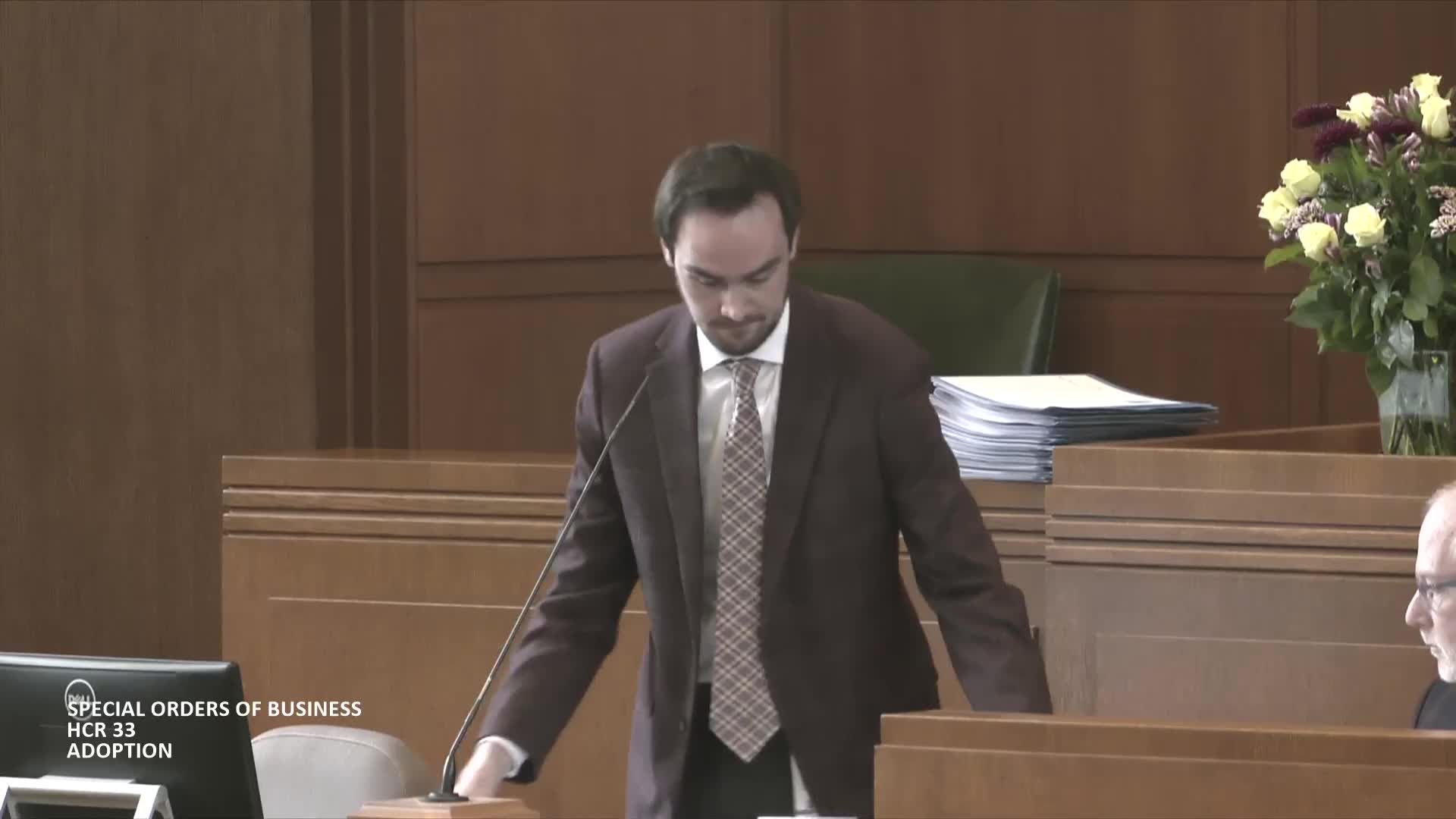Article not found
This article is no longer available. But don't worry—we've gathered other articles that discuss the same topic.
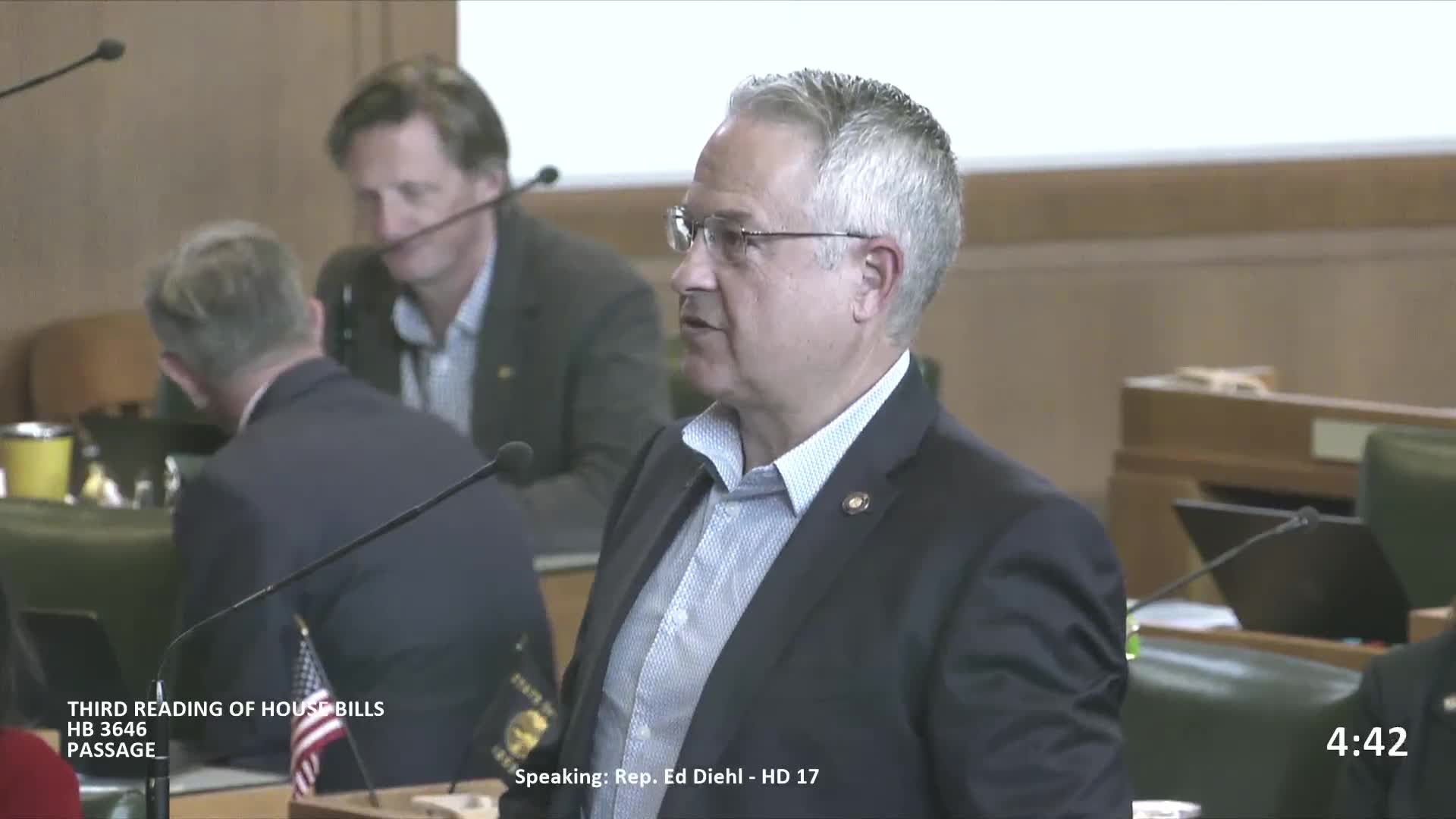
House approves limited ban on beaver trapping on impaired public waterways, prompting rural‑urban debate
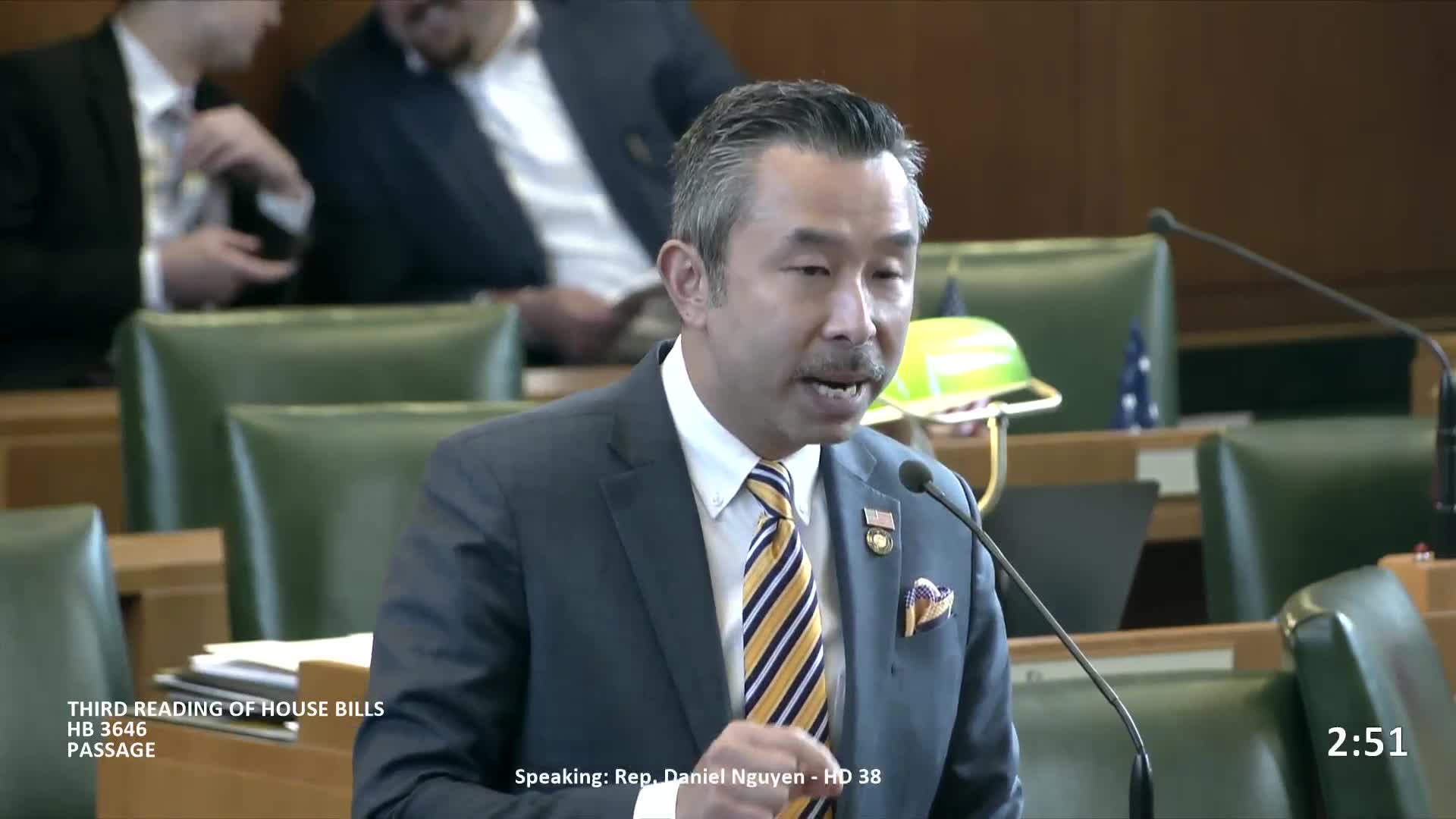
House approves consumer protections for online ticket sales, including upfront fee disclosure and anti‑scam rules
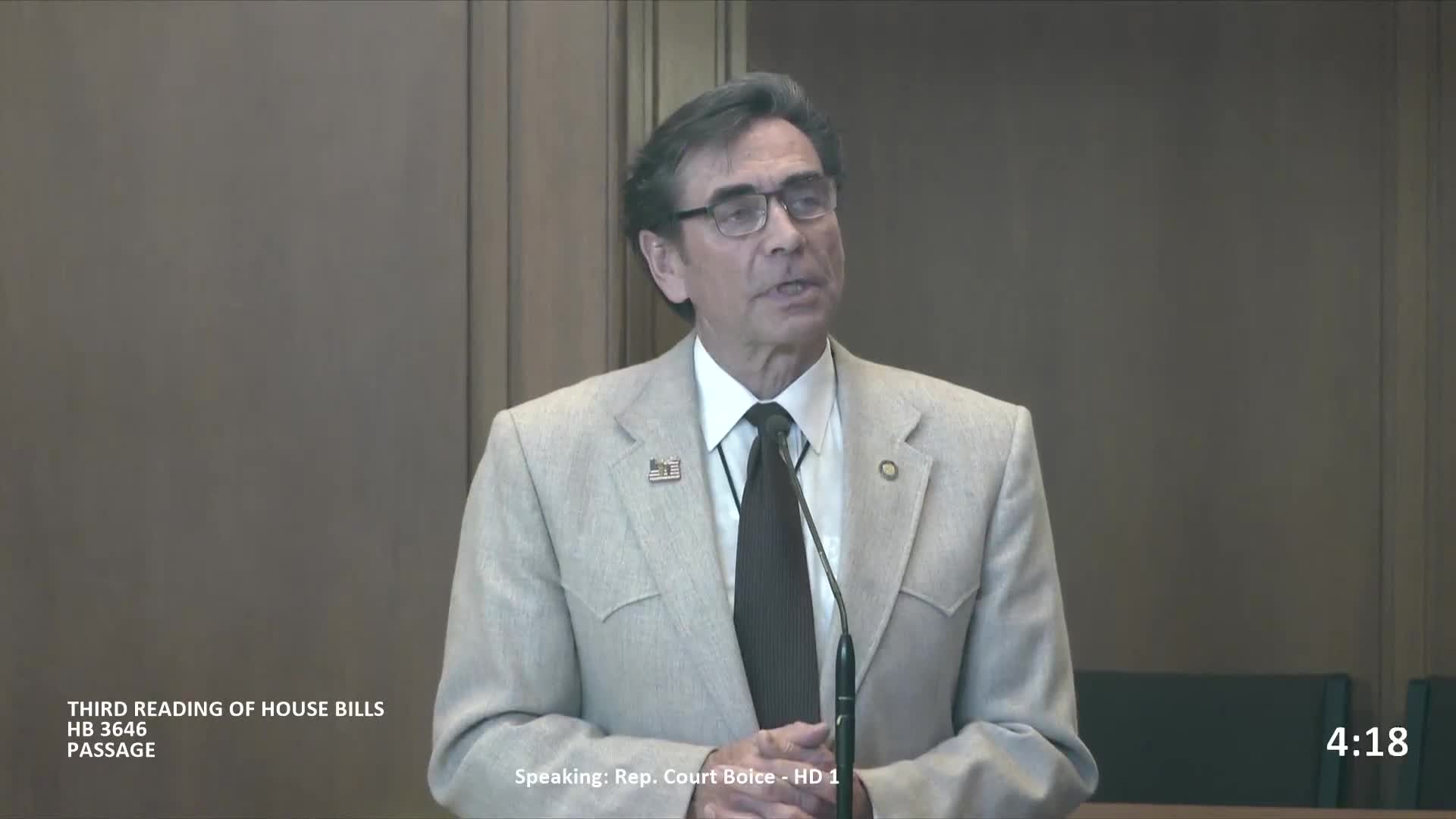
House approves technical changes to higher‑education rules, including Oregon Teacher Scholars wording
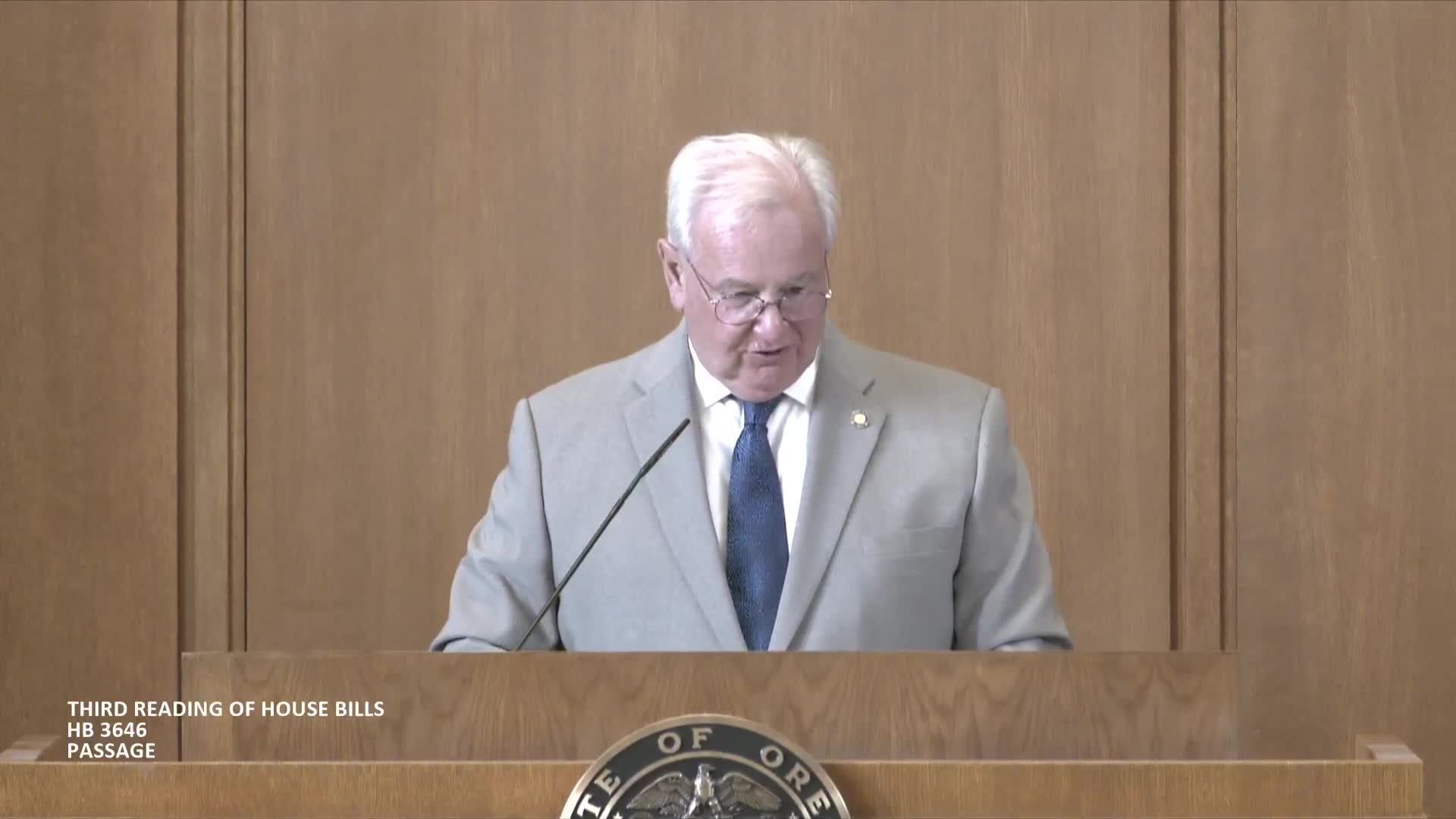
House passes bill allowing discretionary procurement preference for employee‑owned firms
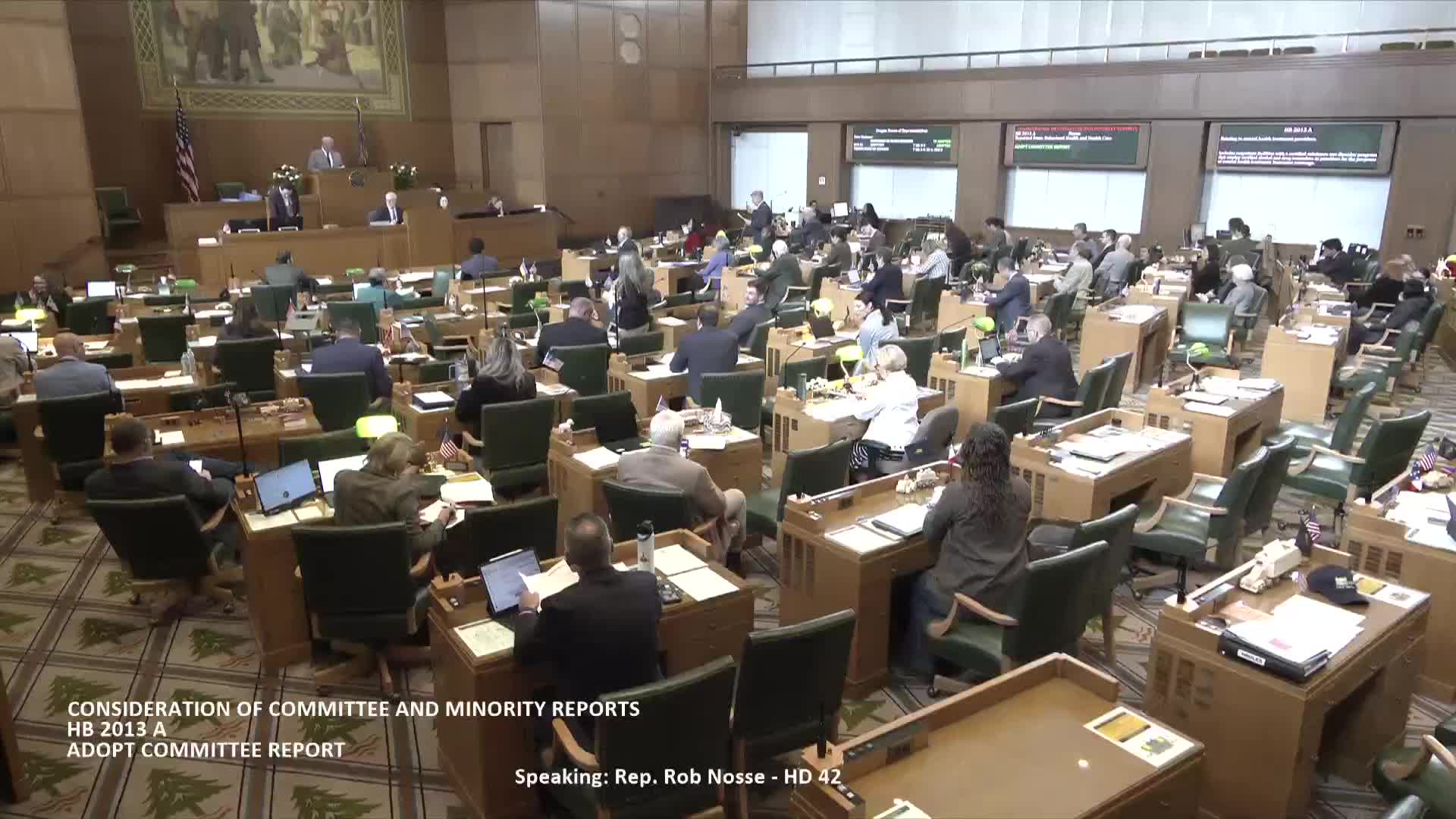
Oregon House expands who can bill insurers for substance‑use services; social‑work compact debate fails to win majority
